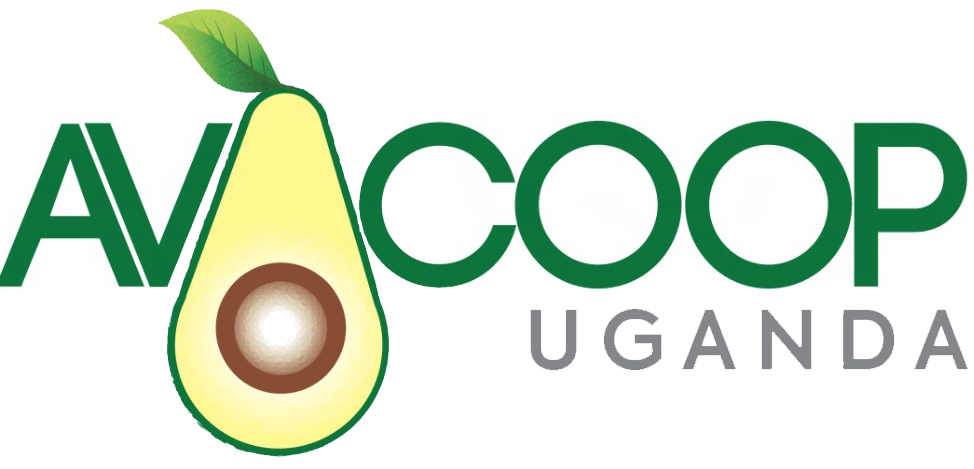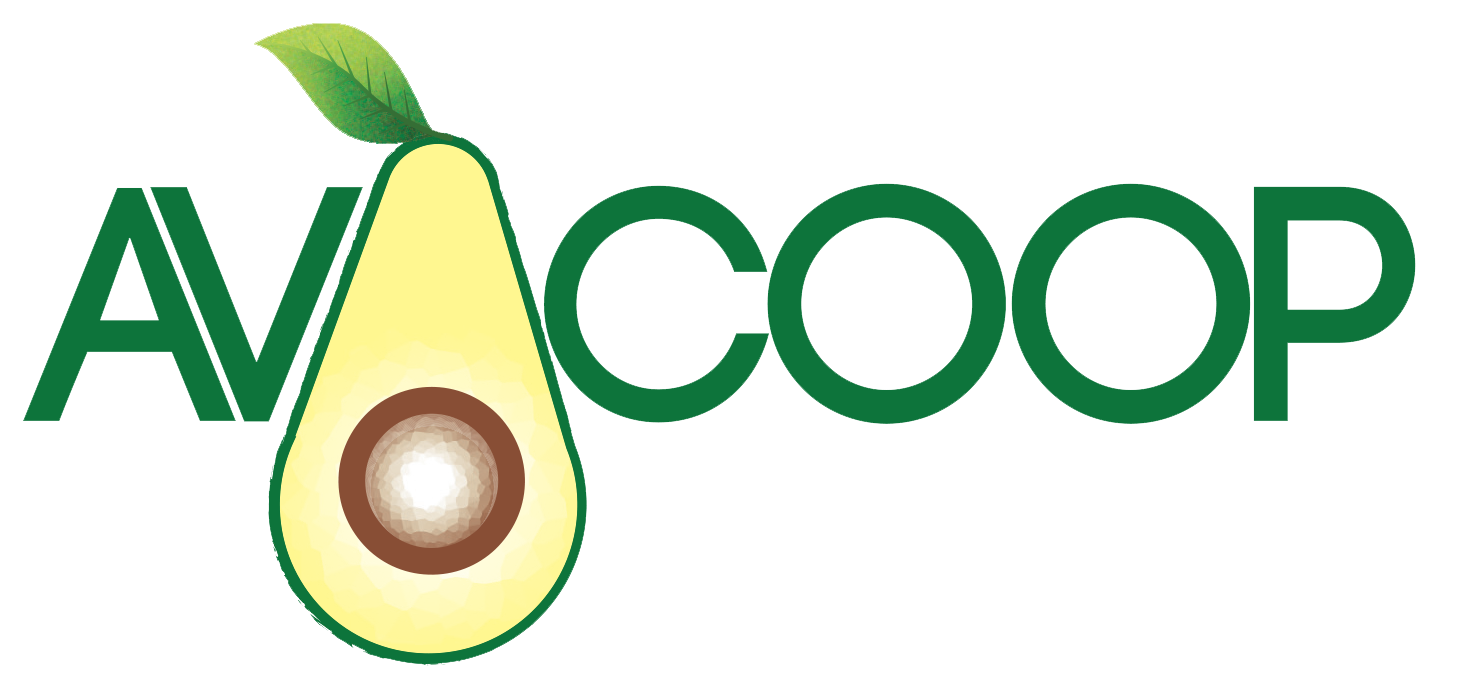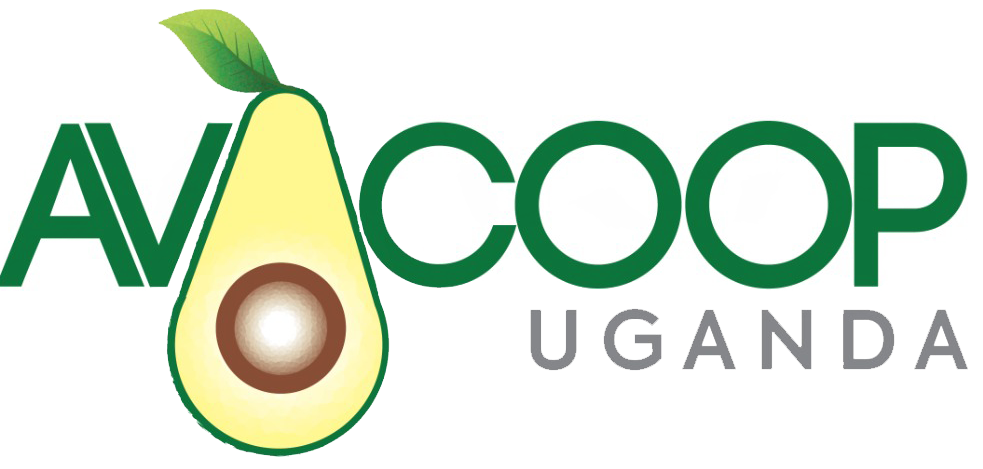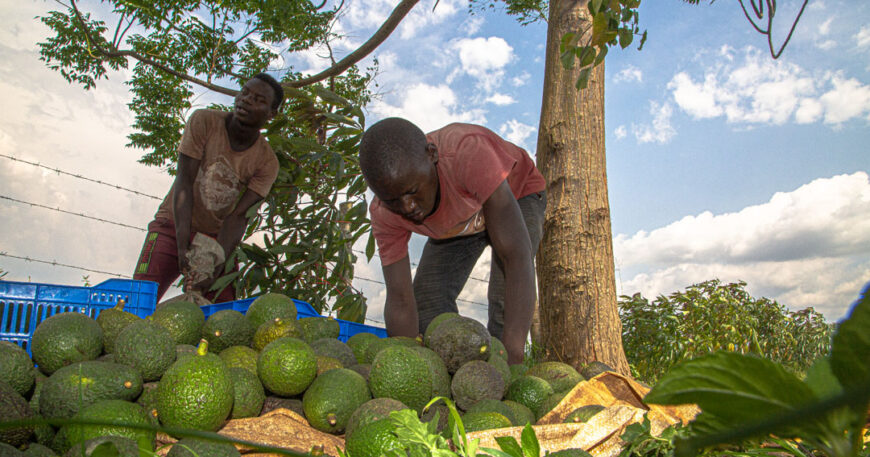By Humphrey Wampula
Avocado farming in Uganda has been on the rise in recent years due to the increasing demand for the fruit both locally and internationally. The country has ideal climatic conditions for avocado farming, with areas such as Bukalasa, Kabale, and Kasese being particularly suitable. However, for farmers to achieve maximum yields and profitability, certain best practices must be followed.
One of the most important factors to consider when starting an avocado farm is the selection of the right variety. There are several varieties of avocado, with the most popular in Uganda being the Hass and Fuerte. The Hass variety is known for its high yields and disease resistance, while the Fuerte variety is known for its ability to withstand dry conditions.
Proper land preparation is also crucial for avocado farming. The land should be well-drained and have a pH range of 6-7. The soil should also be rich in organic matter, as this helps to improve the fertility of the soil. Before planting, the land should be cleared of any weeds and debris and ploughed to a fine tilth.
Irrigation is an essential part of avocado farming, as the fruit requires a consistent water supply to grow and develop properly. Drip irrigation is the most efficient and cost-effective method of irrigation for avocado farms. It allows for precise water management, reducing the risk of waterlogging and increasing the efficiency of water use.
Pest and disease management is also crucial for avocado farming. The most common pests that affect avocados in Uganda include the avocado seed borer, the avocado thrips, and the avocado mite. To control these pests, farmers should use a combination of cultural, mechanical, and chemical methods. Cultural methods include crop rotation and the use of resistant varieties, while mechanical methods include the use of traps and barriers. Chemical methods include the use of pesticides, but farmers should be careful to use only those that are approved for use on avocados.
Fertilization is also an important aspect of avocado farming. Avocados require a balanced supply of nutrients to grow and develop properly. The main nutrients required by avocados are nitrogen, phosphorus, and potassium. Organic fertilizers such as chicken manure and compost can be used to provide these nutrients to the trees.
Finally, proper harvesting and post-harvest handling is essential for avocado farming. Avocado fruits should be harvested when they are fully ripe, as this is when they have the highest oil content and best flavor. The fruits should be handled with care to avoid bruising, and should be stored in cool and dry conditions.
In conclusion, avocado farming in Uganda has great potential for profitability and sustainability. However, for farmers to achieve maximum yields and profitability, they must follow best practices such as selecting the right variety, proper land preparation, irrigation, pest and disease management, fertilization and proper harvesting and post-harvest handling. With the right practices in place, avocado farming in Uganda can be a successful and rewarding venture for farmers.






